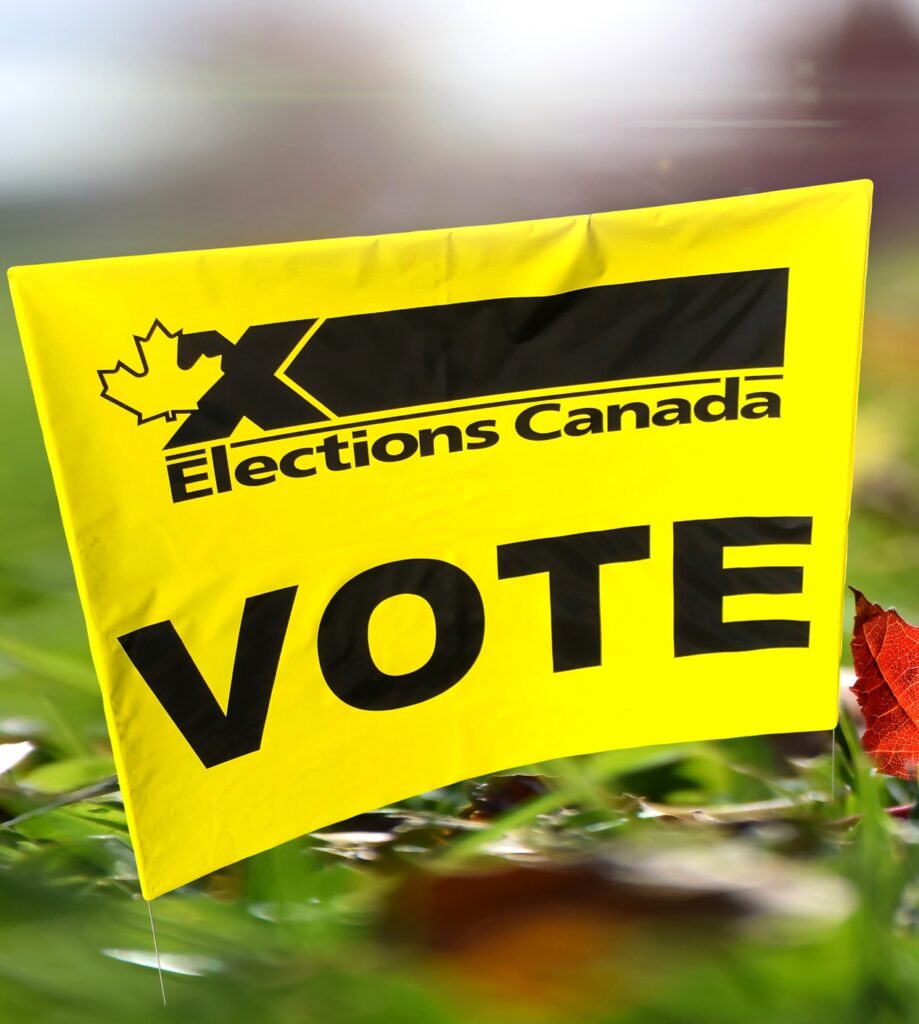Some judges don’t care about Charter rights and freedoms as much as they should. Fortunately, this sad truth does not prevent Canadian voters from electing candidates who do understand and truly appreciate the principles and foundations of our free society. It’s good when courts strike down freedom-violating laws.
But it’s even better when such laws are never passed in the first place. Voters need to ask candidates questions like the ones below.
1. Do you support freedom of expression, and will you oppose the introduction of legislation similar to the Online Harms Act (Bill C-63)?
The Criminal Code already prohibits online harms like child pornography, revenge porn and uttering threats. We need better law enforcement, not additional laws. The government should not get any new powers to regulate content on the internet. Nor do we need a so-called “Digital Safety Commission” (an Online Ministry of Truth) to enforce compliance with regulations that are created without any input from Parliament, nor should the Canadian Human Rights Commission acquire new powers to prosecute and punish offensive — but non-criminal — speech.
Politicians pushing for more laws should explain why better enforcement of existing laws couldn’t address their purported concerns.
Significantly affecting what information Canadians see and hear, the federal government hands out over $325 million tax dollars to its favoured media outlets each year, plus another $1.4 billion to its very favourite, the CBC. Further, the Online News Act passed in 2023, forces “major digital platforms” to distribute money to its preferred Canadian news organizations, with Google now distributing $100 million annually to newsrooms. The Income Tax Act provides preferential tax treatment to “qualified Canadian journalism organizations.” These subsidies and policies make the media dependent on government.
Our free society depends on an independent press that holds federal and provincial governments to account. He who pays the piper calls the tune. Journalists, reporters, editors and publishers know exactly who signs their pay cheques.
When Canadian politicians made COVID-19 vaccines mandatory in the fall of 2021, they had no evidence that these new vaccines would reduce the spread. Even after the majority of Canadians had been injected, COVID-19 continued to spread everywhere. Without a medical or scientific basis, Canadians lost their jobs, lost their Employment Insurance, and students were kicked out of university — all because they made the legitimate decision not to get injected.
Politicians ignored the Nuremberg Code, which stipulates that voluntary and informed consent must be provided for any and all medical procedures.
A Central Bank Digital Currency (CBDC) would very likely lead to a cashless economy, in which all financial transactions can be monitored and subjected to government control. Canada’s federal and provincial governments could then restrict our freedoms like China does with its “social credit” system: micro-managing the lives of citizens and punishing all dissent. With a CBDC, governments could restrict when, where, and what people are allowed to buy, and instantly punish Canadians for the “wrong” purchases, donations, behaviours and opinions. A digital dollar would provide politicians, bureaucrats, and bankers with intimate access to our inner lives, thereby posing a grave threat to our Charter rights and freedoms. A CBDC should therefore never be imposed on Canadians.
The right to use cash should be enshrined in legislation, and ultimately in our Constitution.
5. Do you support protecting female inmates, by keeping trans-identifying males with fully intact male genitalia out of federal women’s prisons?
Since 2017, federal women’s prisons have opened their doors to trans-identifying male inmates with fully intact male genitalia. Over 75% of incarcerated women have been victims of some form of physical, sexual, emotional or psychological abuse at some point in their lives, primarily at the hands of men. Some inmates are so traumatized by their experiences that they are unable to deal with men at all. Yet these same women are now systematically deprived of privacy and protection from sexually inappropriate comments, sexual assault, and the risk of sexually transmitted infections from biological males.
The Charter right to security of the person, and the right to be free from cruel and unusual punishment, are obviously violated by the current federal policy.
6. Do you oppose the current Criminal Code provisions that prohibit parents from helping their gender-confused children accept their biological sex?
In 2021, MPs of all parties gave unanimous consent to make it a criminal offence for parents to encourage their sexually confused child or teenager to embrace and accept the sex that she or he was born with. Under the highly misleading slogan of “banning conversion therapy,” Bill C-4 made it illegal for psychologists, counsellors, therapists, doctors and religious leaders to encourage a man who identifies as a woman to accept that he is a male, or to encourage a woman who identifies as a man to accept that she is a female.
Since helping a child or adult to gain or regain comfort with her or his biological sex can result in criminal prosecution, the only legal option for parents (and everyone else) is to put transgender ideology into practice.
7. Do you support the right of Canadian adults to choose their own counseling path, and pursue the therapies of their own choice, regarding their sexuality and gender identity?
Thanks to this same Bill C-4, it is illegal for Canadians who are same-sex attracted, or who feel unhappy with their biological sex, to get counseling that aligns with their religious faith or deeply held convictions. The only counseling that adults can legally receive in Canada concerning their sexuality and gender is that which aligns with progressive ideology and post-modernist beliefs. In 1967, Pierre Trudeau told us that the state has no place in the bedrooms of the nation. Today the state has placed itself in the offices of every psychologist, priest, rabbi, imam, pastor and counsellor to stop adults discussing bedroom issues. Even for consenting adults, religious and traditional approaches to dealing with sexual issues are illegal in Canada.
It’s up to freedom-loving Canadians to make our Charter rights and freedoms an election issue, by asking these questions of our local candidates.








